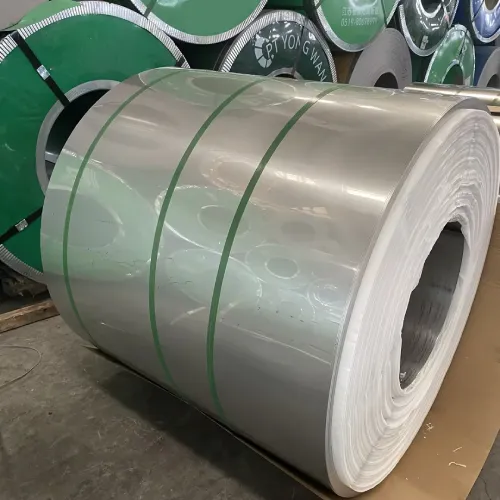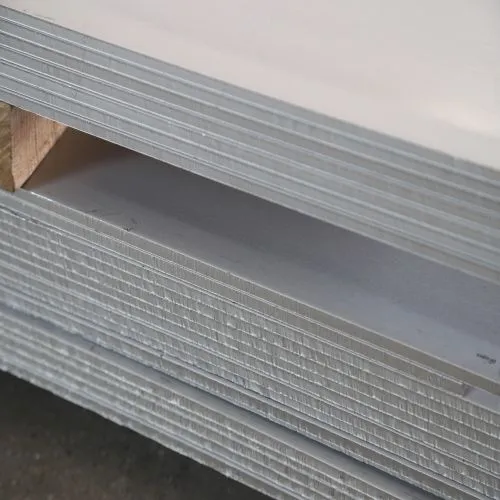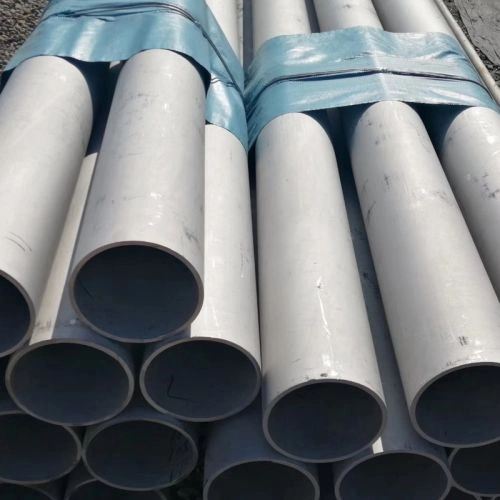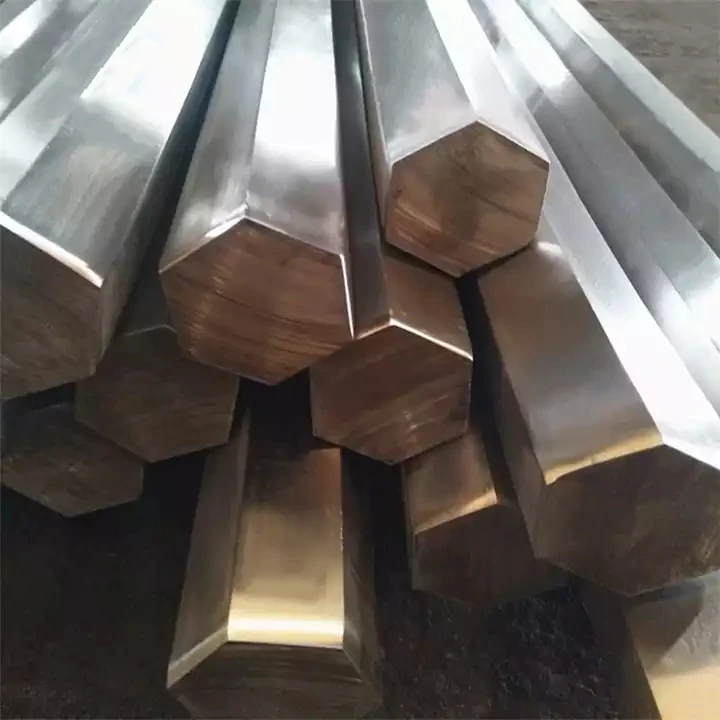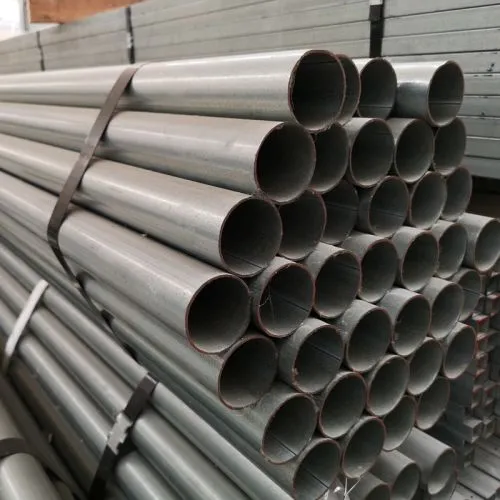17-4PH stainless steel Coil, also known as AISI Type 630, is a martensitic precipitation-hardening stainless steel that exhibits excellent strength, toughness, and corrosion resistance. This type of stainless steel is characterized by its ability to be heat treated to achieve high strengths comparable to those of the stronger austenitic grades, while retaining the corrosion resistance close to that of the standard austenitic grades.
Properties:
Excellent strength and hardness after precipitation heat treatment
Good corrosion resistance, particularly in mildly corrosive environments
Machinability that is better than most hardened and tempered stainless steels
Resistant to stress-corrosion cracking
Chemical Composition:
Carbon (C): 0.07 – 0.12%
Manganese (Mn): 0.95 – 1.50%
Silicon (Si): 0.8 – 1.2%
Chromium (Cr): 16.0 – 18.0%
Nickel (Ni): 3.0 – 5.0%
Copper (Cu): 3.0 – 5.0%
Molybdenum (Mo): 0.3 – 0.6%
Steel Processing:
The 17-4PH stainless steel is melted in a high-frequency induction furnace to ensure purity and homogeneity.
It undergoes hot rolling and annealing to soften the material and facilitate cold rolling.
Cold rolling reduces the thickness while increasing the strength and improving surface finish.
Final heat treatments, such as precipitation hardening, are conducted to reach the desired mechanical properties.
Performance Parameters:
Tensile Strength: Up to 1000 MPa or more, depending on the heat treatment
Yield Strength: Typically in the range of 690-889 MPa
Elongation: Approximately 10-15%
Hardness: 40-45 HRC after precipitation hardening
Common Q&A's:
Q: What is the main application for 17-4PH stainless steel?
A:It is widely used in aerospace fasteners, as well as in chemical, petrochemical, and marine industries due to its high strength and good corrosion resistance.
Q: How does 17-4PH stainless steel respond to welding?
A:It can be welded using conventional methods, but care must be taken to avoid intergranular corrosion, which may require post-weld heat treatment.
Q: Can 17-4PH stainless steel be age-hardened to increase its strength?
A:Yes, it is specifically designed to be aged hardened. Aging it at around 480°C (900°F) for a specific time enhances its strength and hardness.
Remember, the exact properties and processing techniques can vary depending on the specific requirements of the application and the manufacturing process.

